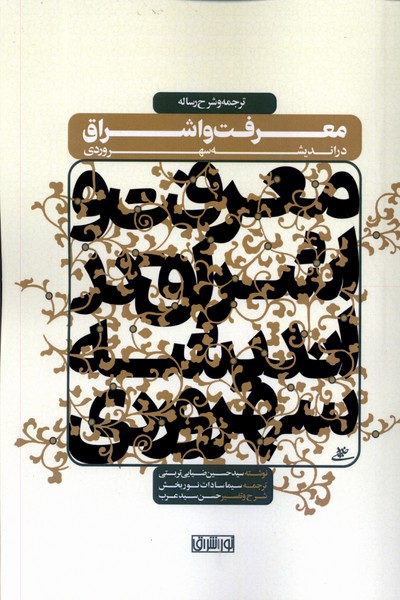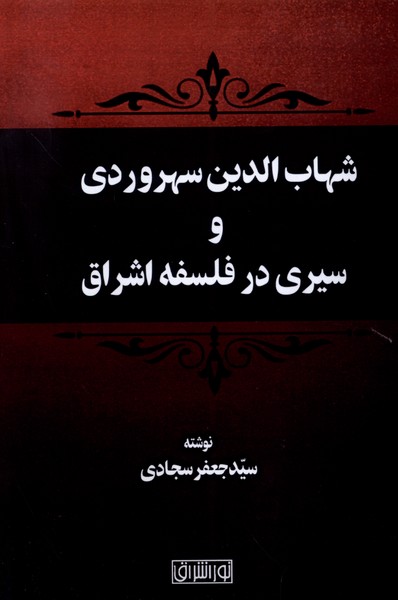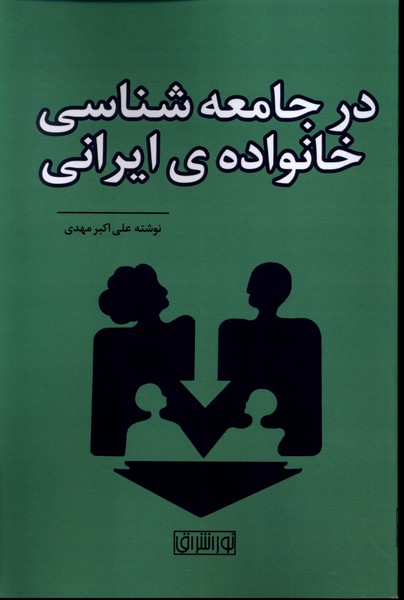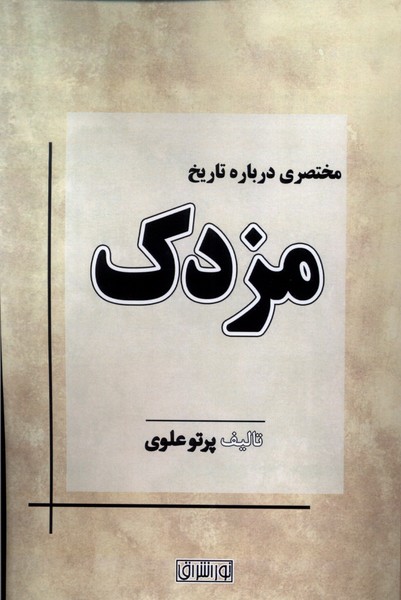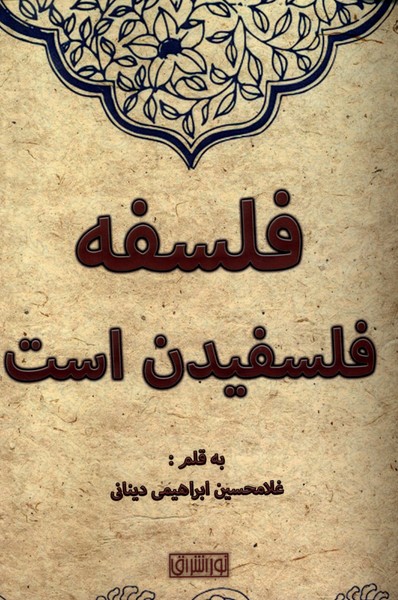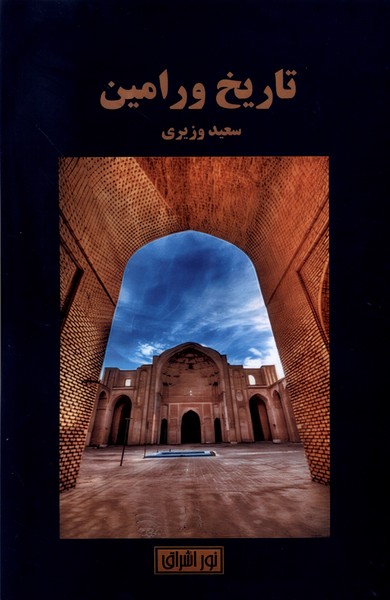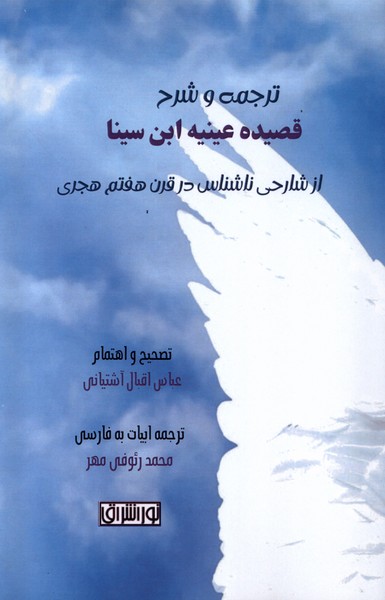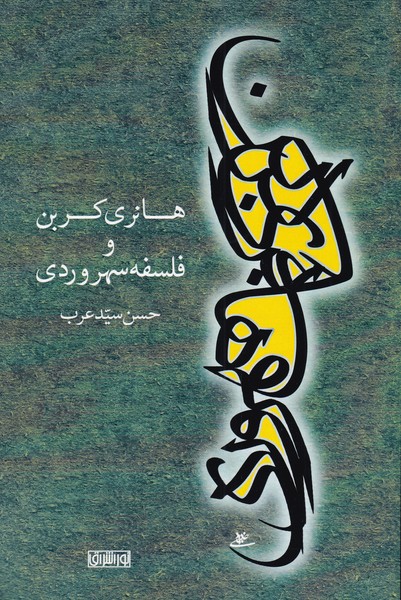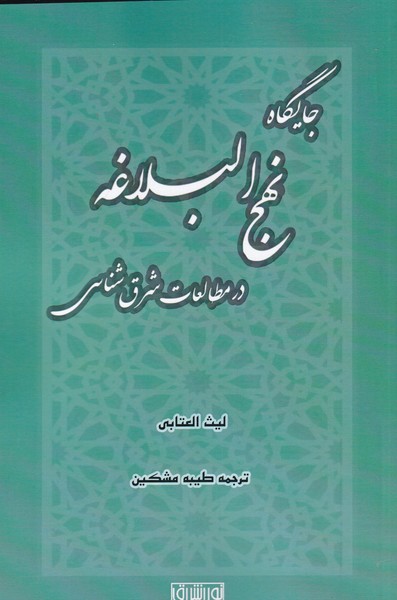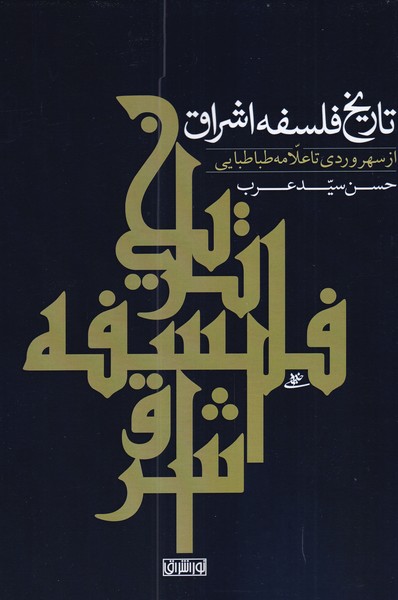Ma'rifat va Ishrāq dar Andīshah-yi Suhrivardī: Persian 1401
معرفت و اشراق در اندیشه سهروردی
20.53 €
Share
Wishlist
Original Title:
معرفت و اشراق در اندیشه سهروردی
ISBN:
9786229276334
Translator:
Sīmā Sādāt Nūr'bakhsh
,
Ḥasan Siyyid'Arab
Publisher:
Nūr-i Ishrāq
Age Group:
Adult
Pages:
544
Weight:
606 g
Dimensions:
14 x 21 x 5 cm
Book Cover:
Paperback
Suhrawardi's logic in the wisdom of illumination has three main components: the theory of definition, the logic of justifications, and the doctrine of fallacies. After criticizing the Masha'i theory of definition, Sohrvardi deals with the design of the Ishraghi theory of definition. In this book, it is shown that both those criticisms and this new theory were taken from Ibn Sina and were cooked and nurtured by Suhravardi. The logic of Suhravardi's arguments, as explained in this book, can be interpreted and formulated in different ways; But one of the most attractive and defensible interpretations is related to Tony Street, based on which, Suhrwardi's 13th-century logic of justifications is a foresight of Paul Tom's 20th-century interpretation of Avicenna's logic of justifications. In fallacies, the book also reveals that Suhrawardi, following Avicenna, transforms polemical positions from the principles of debate strategy into "fallacies of definition" and takes Aristotelian fallacies as "fallacies of reasoning"; thus, like Bo Ali, he distinguishes two types of of of fallacies: definitional fallacies and argumentation fallacies.
more
منطق سهروردی در حکمةالإشراق سه جزء اصلی دارد: نظریۀ تعریف، منطق موجّهات، و آموزۀ مغالطات. سهروردی پساز نقد نظریۀ مشائی تعریف، به طرح نظریۀ اشراقی تعریف میپردازد. در این کتاب نشان داده میشود که هم آن نقدها، و هم این نظریۀ جدید، از ابنسینا برگرفته شده و به دست سهروردی پخته و پرورده شدهاند. منطق موجّهات سهروردی، چنانکه در این کتاب توضیح داده میشود، به شیوههای مختلفی قابل تفسیر و صورتبندی است؛ ولی یکی از جذّابترین و قابلدفاعترین تفسیرها متعلّق به تونی استریت است که بر پایۀ آن، منطق موجّهات سهروردی پیشدیدی قرنسیزدهمی از تفسیر قرنبیستمی پل تام برای منطق موجّهات ابنسینا است. در مغالطات نیز کتاب آشکار میسازد که سهروردی، درست به اقتفای ابنسینا، مواضع جدلی را از اصول راهبرد مناظره به «مغالطات تعریف» دگرگون میکند و مغالطات ارسطویی را بهمنزلۀ «مغالطات استدلال» برمیگیرد؛ و بدین سان، همچون بوعلی، بهموازات دوگانۀ تعریف / استدلال، دو گونه از مغالطات را از هم متمایز میکند: مغالطات تعریف و مغالطات استدلال.
more

